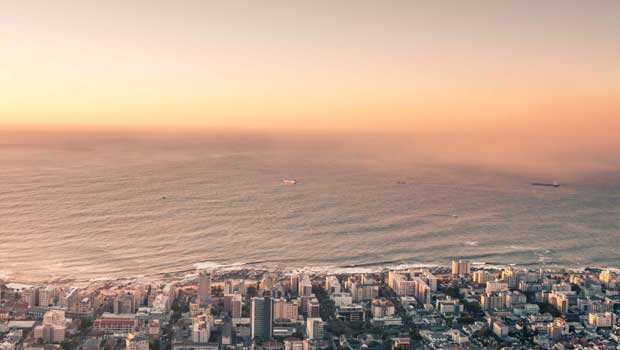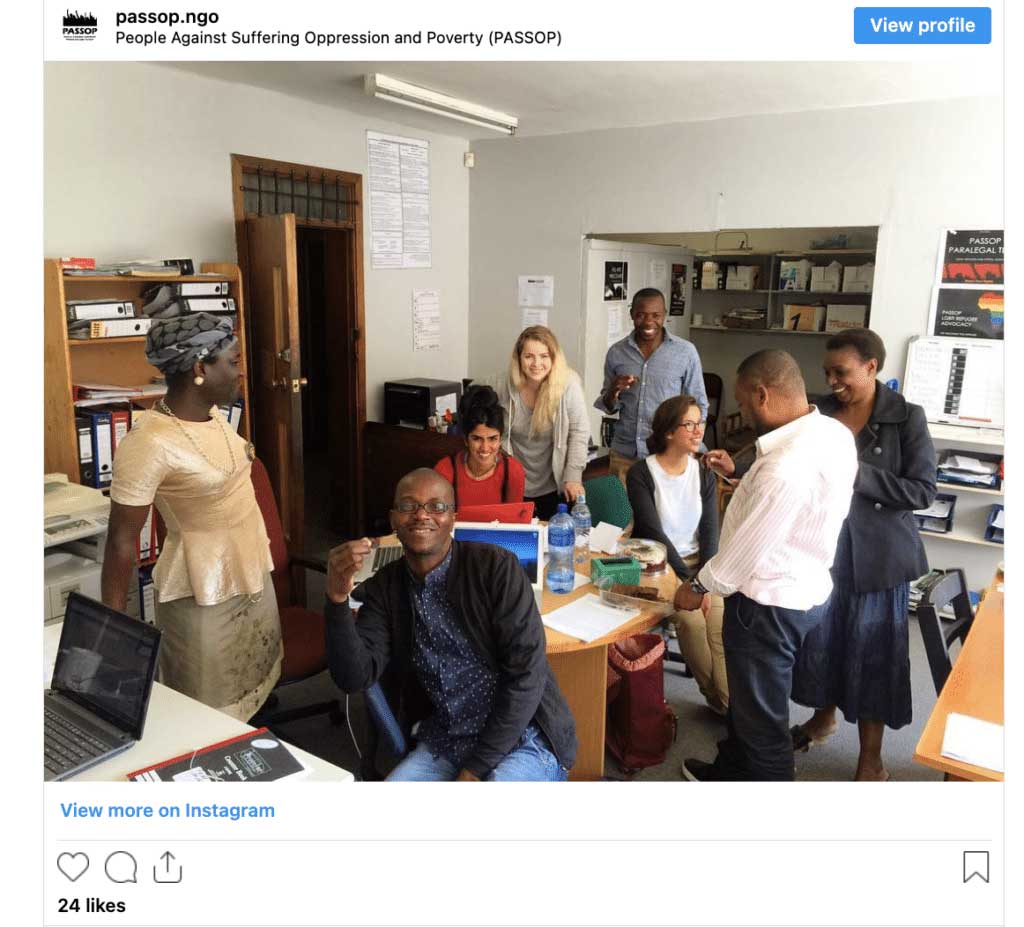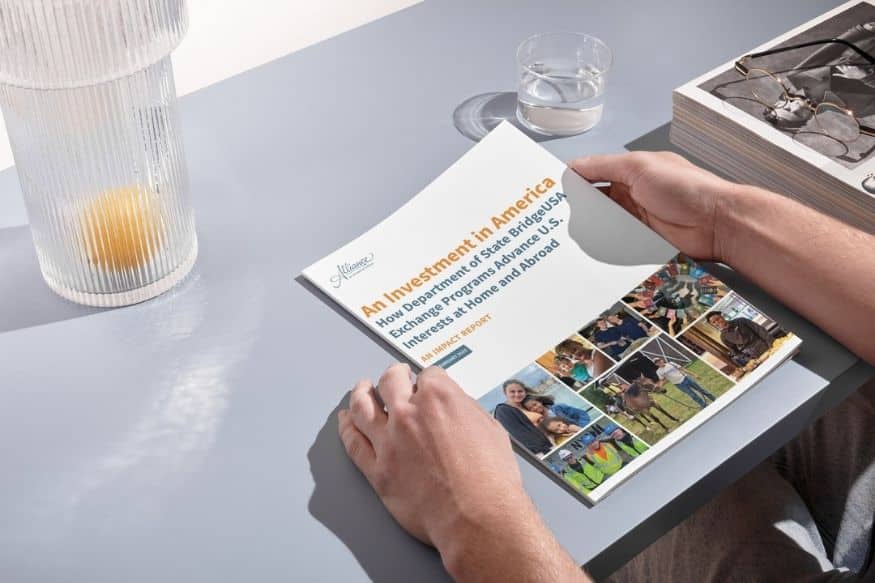
Image courtesy of Unsplash
With the funding provided by the InterExchange Foundation’s Christianson Fellowship, I interned at People Against Suffering, Oppression, and Poverty (PASSOP) in Cape Town, South Africa. My main responsibility was as a paralegal. I helped provide legal advice to refugees and immigrants with regard to documentation, labor, and housing issues. More specifically, I helped clients write appeal affidavits when their application for asylum had been rejected. This meant that I had to get the details of why they left their country of origin and research the conditions in that country to make an argument as to why they qualified as refugees.
Through this experience I heard the personal stories of hundreds of people as they explained why they had left their home country. I learned a great deal about different cultures and how to approach sensitive and personal topics with cultural sensitivity. I was glad that I could inform and advise clients on their rights and assist them to stay in South Africa!
I also assisted clients with labor issues. I would contact employers to resolve problems and give clients information on their rights to minimum wage and benefits if they got fired. Sadly, I often saw employers taking advantage of immigrants and refugees. However, I am glad that I could play a role in assisting our clients in getting their rightful salary or getting re-hired.
I also monitored the refugee center in Cape Town for human rights abuses, and PASSOP’s lawyers used evidence that I collected with my colleagues in litigation against the South African government. We started proceedings against the government because it stopped accepting applications for asylum in Cape Town. This meant that hundreds of people were undocumented in the Cape Town area because they were unable to apply for asylum. After months of litigation and hard work, the Court determined that the South African government must re-open the Cape Town refugee center by July 1, 2013. I was very proud of this achievement. We had worked with out partner organizations for many months and achieved the result that we wanted. It was a very exciting court victory.

Another project I worked on at PASSOP was the Disabled Children Support Project, which advocated for the needs of disabled children. Disabled children of refugees and immigrants are particularly vulnerable because they do not have access to the same government provided benefits as South Africans. We helped families associated with the project acquire food, clothing, and wheelchair donations, as well as advocated for policy changes towards disabled people in Cape Town. For example, we focused our energy on lobbying Cape Town government officials for wheelchair-accessible public transport. At the moment, there is only one bus line that is wheelchair accessible and it excludes the poorer areas where many of our clients are from. We lobbied for the Cape Town government to support an expansion of that bus line so that it would service the working class areas in Cape Town. In this process, we met with Cape Town government officials to discuss other ways to make public transport more accessible to people using wheelchairs.
This work allowed me to better understand how the government functions in Cape Town and in South Africa in general. I was able to compare the South African government system to the system in the United States, and in fact, gain a better understanding of the advantages and disadvantages of the American system.
Finally, I helped launch a project in which one of the local supermarkets donated food leftover at the end of each day. The supermarket gave the food to PASSOP and we distributed the food to homeless people in the neighborhood each weekday. It was wonderful to be able to contribute to the local community and not just to refugee and immigrants. We helped local South Africans as well!
The Christianson Fellowship allowed me to do work that boosted my international understanding. I learned about the culture and history of many African countries and about cultural sensitivity. By learning as much as possible about my clients’ countries of origin, I helped them feel comfortable with me and trust me, so that they would be open and honest with me. I wanted them to feel that when they spoke to me about a place, a politician, or a political party, that I knew what they were talking about and could understand the problem. I also had to understand the history of the various countries so that I could understand the relationships between tribes. I had to understand what languages my client spoke and which language they left most comfortable speaking. I had to understand what their religion was and be respectful of it.
This experience would not have been possible without the Christianson Fellowship and I am very grateful that the committee at the InterExchange Foundation selected me as an awardee of the grant.
by Natalia L.




